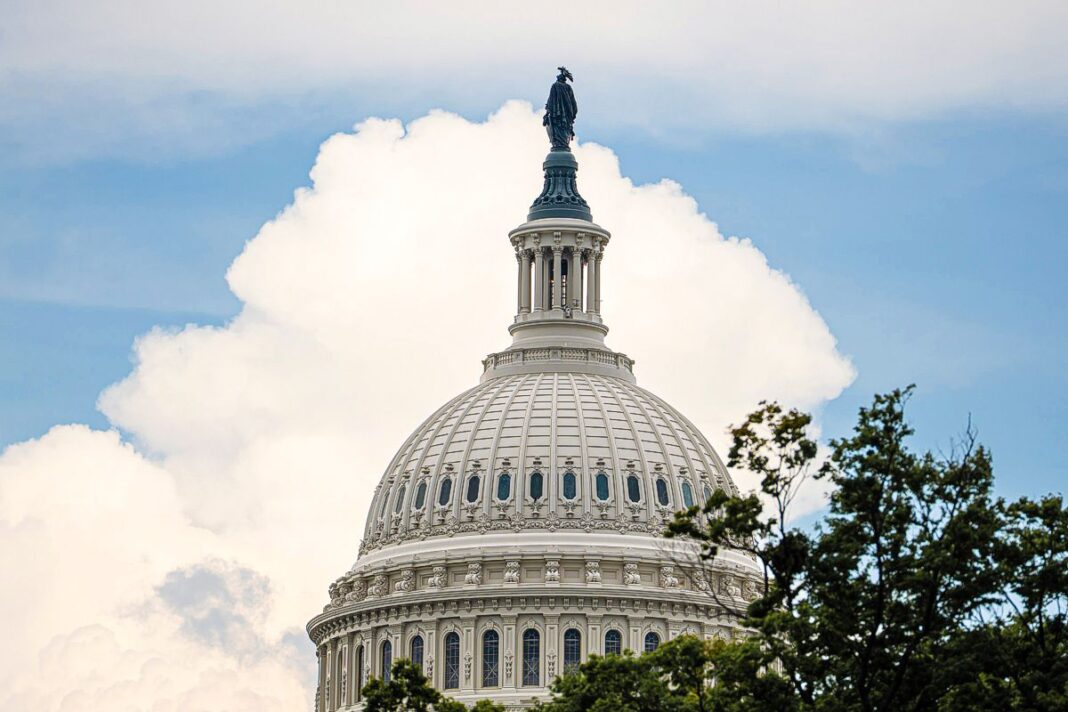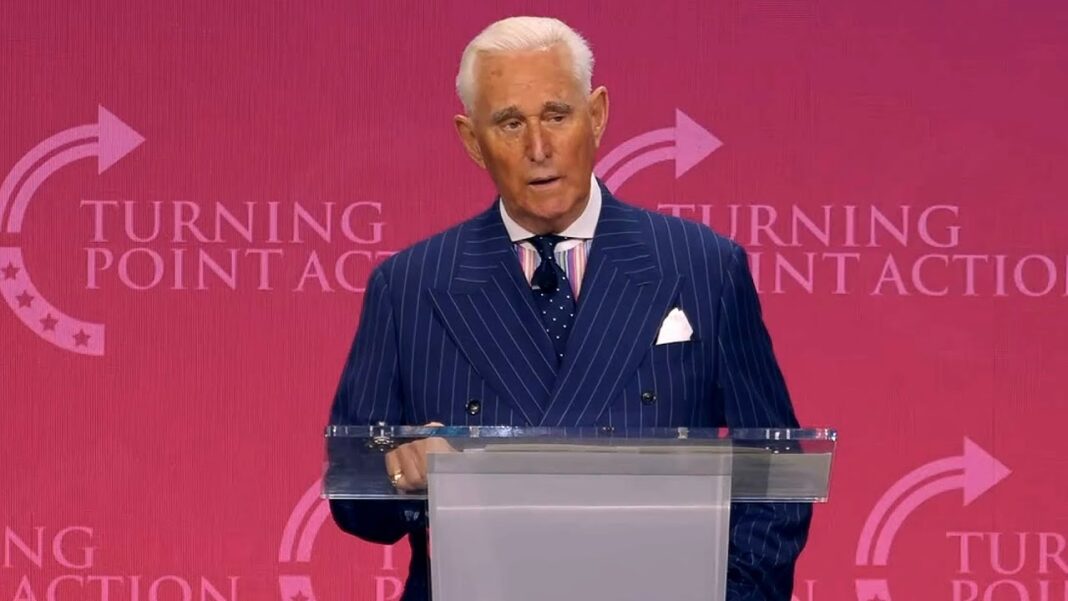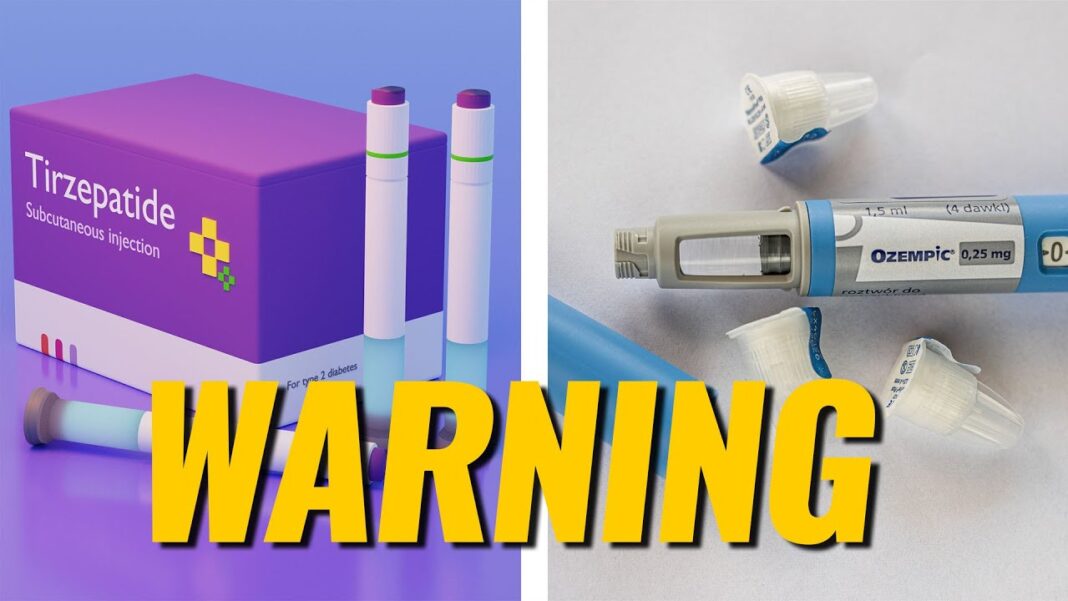Both Democrat and Republican lawmakers have introduced legislation that targets advertising by drug manufacturers.
WASHINGTON—The Make America Healthy Again (MAHA) agenda has helped shape the second Trump administration, with early actions targeting mercury in vaccines, artificial food dyes, and ultra-processed foods.
That’s thanks in large part to Health Secretary Robert F. Kennedy Jr., who dropped out of the presidential race in August 2024 and joined forces with then-presidential candidate and former President Donald Trump.
Kennedy stressed one notable MAHA agenda item just two days before Election Day.
On Nov. 3, 2024, he asked voters to support Trump “so we can ban pharmaceutical advertising”—such as the commercials for brand-name drugs that pepper many networks.
The United States consumes more prescription drugs than any country in the world and spends nearly twice as much for them as all other nations combined, according to a Rand report.
For now, independent and Democratic senators are leading the legislative charge to eliminate direct-to-consumer drug ads, including on social media, with House Democrats following with a parallel bill.
Sen. Josh Hawley (R-Mo.) has voiced openness to his Senate colleagues’ proposal. The Missourian is also part of a bipartisan effort to get rid of tax deductions drug companies use for promotions.
Though some legislators are enthusiastic, past court decisions might throw up roadblocks—any sturdy leash on Big Pharma’s marketing could get tangled on the First Amendment.
MAHA Versus Commercial Speech
Critics of direct-to-consumer drug advertising, including Kennedy, have long pointed out that the practice is rare around the world. It is only allowed in the United States and New Zealand.
In May, the MAHA Commission released a report on childhood chronic disease that raised concerns about pharmaceutical ad campaigns aimed at everyday Americans. It suggested they encourage “a notable level of reliance on the industry by those that benefit financially.”
The report also highlighted medical publications that have linked those advertisements to the over-diagnosis of disease and the overuse of drugs, including by children.
By 2023, Americans were consuming more than 210 billion daily doses of medication, data from analytics company IQVIA show.
Dr. Marty Makary, the commissioner of the Food and Drug Administration, said in April that “we don’t have any plans to ban direct-to-consumer advertising.”
“There are some things we can do to make sure that the information being presented is a complete picture,” he added.
Legal precedent could make it difficult to eliminate such advertisements. Corporations, including drug companies, have wide latitude for commercial speech in the United States.
In 2002, the Supreme Court ruled that a federal law restricting advertisements for certain drugs ran afoul of the First Amendment.
About a decade later, it struck down a Vermont law banning the sale of prescription drug users’ data for drug marketing, again on free speech grounds.








